Why Choose Egg Donation in Spain? A 2025 Success Guide
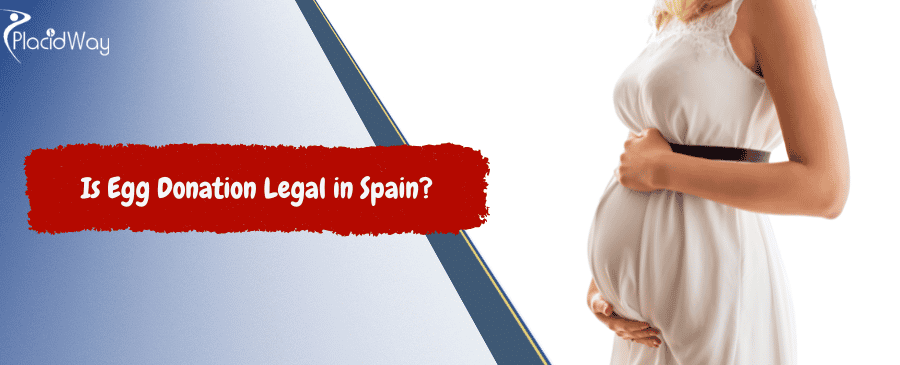
Spain has long been a pioneer in the field of assisted reproduction, with a comprehensive legal framework that supports and regulates egg donation. This has made it a popular destination for individuals and couples from around the world seeking fertility treatments. The country's laws prioritize the well-being of both the donor and the recipient, ensuring a process that is both ethical and transparent. If you're considering egg donation in Spain, this guide will answer all the important questions you might have, providing clarity and peace of mind as you explore your options.
What is the legal status of egg donation in Spain?
"Egg donation is fully legal and regulated in Spain under the Spanish Law on Assisted Human Reproduction Techniques (Law 14/2006). This law establishes a clear framework for the donation of eggs, ensuring it is a formal, confidential, and altruistic act."
Spain's progressive legislation on assisted reproduction has made it a leading country for fertility treatments. The law permits egg and sperm donation for individuals and couples, regardless of their marital status or sexual orientation. This inclusive approach has made Spain a welcoming destination for a diverse range of people seeking to become parents. The legal framework is designed to protect all parties involved, including the child born from the donation, the recipient parents, and the donor.
The Spanish government, through its Ministry of Health, oversees the implementation of these laws, with a national registry called SIRHA (Sistema de Información de Reproducción Humana Asistida) in place to control the number of births from a single donor. This meticulous regulation ensures the safety and traceability of the donation process, contributing to the high standards of care found in Spanish fertility clinics.
Is egg donation in Spain anonymous?
"Yes, egg donation in Spain is strictly anonymous. The law protects the identities of both the donor and the recipient, meaning they will never know each other. The child born from the donation also does not have the right to know the donor's identity."
Anonymity is a cornerstone of Spain's egg donation laws. This is intended to protect the privacy of everyone involved and to ensure that the donation is made on a purely altruistic basis. The clinic is responsible for selecting a suitable donor based on the recipient's physical characteristics, but no identifying information is shared.
While anonymity is the general rule, there is a rare exception. In cases where a child born from donation has a serious illness that could be genetically linked to the donor, the law may permit the disclosure of the donor's identity for medical reasons. However, this is an exceptional circumstance and requires a legal process.
Who can become an egg donor in Spain?
"To become an egg donor in Spain, a woman must be between 18 and 35 years old, in good physical and mental health, and have a negative personal and family history of serious hereditary diseases. Donors undergo a rigorous screening process."
Spanish law sets out strict requirements for egg donors to ensure the quality and safety of the donated eggs. The age limit of 18 to 35 is in place because egg quality is at its peak during these years. In addition to the age requirement, potential donors must undergo a comprehensive medical and psychological evaluation.
This screening process typically includes:
- A detailed medical history and physical examination.
- Genetic testing (karyotyping) to rule out chromosomal abnormalities.
- Screening for infectious diseases such as HIV, hepatitis, and syphilis.
- A psychological assessment to ensure they understand the implications of donation.
- A gynecological examination to assess their reproductive health.
What is the process for receiving donor eggs in Spain?
"The process for receiving donor eggs in Spain involves an initial consultation, donor matching, preparation of the recipient's uterus, fertilization of the donor eggs with sperm, and finally, the embryo transfer."
The journey to parenthood through egg donation in Spain is a well-structured process. It begins with an initial consultation at a fertility clinic where your medical history is reviewed, and a personalized treatment plan is created. The clinic will then select a suitable anonymous donor who matches your physical characteristics.
While the donor is undergoing ovarian stimulation to produce multiple eggs, the recipient will take medication to prepare her uterine lining for embryo implantation. Once the donor's eggs are retrieved, they are fertilized in the laboratory with sperm from the recipient's partner or a sperm donor. The resulting embryos are cultured for a few days before one or two of the healthiest embryos are transferred to the recipient's uterus.
What are the costs associated with egg donation in Spain?
"The cost of an egg donation cycle in Spain typically ranges from €5,000 to €9,000. This cost can vary depending on the clinic, the specific services included in the package, and whether any additional procedures are required."
Compared to many other countries, the cost of egg donation in Spain is relatively affordable, without compromising on the quality of care. The price usually includes the donor's compensation, all medical procedures for the donor and recipient, and the laboratory work involved in fertilization and embryo culture.
It's important to get a detailed breakdown of the costs from the clinic beforehand to understand what is included. Some clinics may offer packages that include additional services like genetic testing of the embryos (PGT-A) or a guarantee of a certain number of embryos.
Is there a waiting list for egg donation in Spain?
"Generally, there is no waiting list for egg donation in Spain. Due to the country's well-established donation programs and a large pool of altruistic donors, most clinics can match recipients with a suitable donor relatively quickly."
One of the significant advantages of seeking egg donation in Spain is the short waiting times. Spanish fertility clinics have efficient donor recruitment programs, which means that patients can typically start their treatment without long delays. This is a major draw for international patients who may face long waiting lists in their home countries.
The availability of a diverse pool of donors also means that clinics can find a good physical match for recipients of various ethnicities. This contributes to a more personalized and successful treatment experience.
What are the success rates for egg donation in Spain?
"The success rates for egg donation in Spain are among the highest in the world. Pregnancy rates per embryo transfer are often above 50-60%, thanks to the use of high-quality eggs from young, healthy donors."
The high success rates of egg donation in Spain are a key reason why so many people choose to undergo treatment there. The use of eggs from young, fertile donors significantly increases the chances of a successful pregnancy, even for women who have had previous failed IVF cycles with their own eggs.
It is important to remember that success rates can vary depending on individual factors, such as the quality of the sperm used for fertilization and the recipient's uterine health. However, the overall outlook for patients undergoing egg donation in Spain is very positive.
Are there any age limits for recipients of egg donation in Spain?
"While there is no specific law setting a maximum age for egg donation recipients in Spain, most clinics have an upper age limit of around 50 years old. This is based on medical considerations to ensure the health and well-being of both the mother and the child."
The decision to set an age limit for recipients is primarily a medical one. As women get older, the risks associated with pregnancy increase. Spanish fertility clinics adhere to strict ethical guidelines and prioritize the safety of their patients. Therefore, they generally recommend that women complete their fertility treatment before the age of 50.
Can single women and same-sex female couples undergo egg donation in Spain?
"Yes, Spanish law on assisted reproduction is inclusive and allows single women and same-sex female couples to access egg donation and other fertility treatments."
Spain's progressive legal framework ensures that everyone has the right to form a family. This means that a woman's marital status or sexual orientation is not a barrier to receiving fertility treatment. Single women can use donor sperm to fertilize the donor eggs, and lesbian couples can opt for a method called ROPA (Reception of Oocytes from Partner), where one partner provides the eggs and the other carries the pregnancy.
What information do recipients receive about the egg donor?
"Recipients receive non-identifying information about the egg donor. This typically includes the donor's age, physical characteristics (hair color, eye color, height, and build), blood type, and the fact that she has undergone a rigorous health screening."
While the donor's identity is kept anonymous, clinics provide recipients with general information to ensure a good physical match. This helps to create a sense of connection and reassurance for the intended parents. The focus is on providing enough information to make an informed decision while respecting the donor's right to privacy.
What are the legal rights of the child born from egg donation?
"A child born from egg donation in Spain has the same legal rights as any other child. The recipient parents are the legal parents of the child, and the egg donor has no legal rights or responsibilities."
Spanish law is very clear on this matter. The woman who gives birth to the child is legally recognized as the mother. The anonymous donor has no parental rights or obligations towards the child. This provides legal security and peace of mind for the recipient parents.
Why is Spain a popular destination for egg donation?
"Spain is a popular destination for egg donation due to its progressive and well-established legal framework, high success rates, lack of waiting lists, affordable costs, and the high quality of its medical care and fertility clinics."
The combination of these factors makes Spain an attractive option for people from all over the world. The country's expertise in assisted reproduction, coupled with its patient-friendly approach, has solidified its reputation as a global leader in fertility treatment. Patients can expect to receive excellent medical care in a supportive and professional environment.
Ready to explore your options for building a family? PlacidWay can connect you with leading fertility clinics in Spain and around the world. Discover personalized and affordable healthcare solutions to help you on your journey to parenthood.




.png)

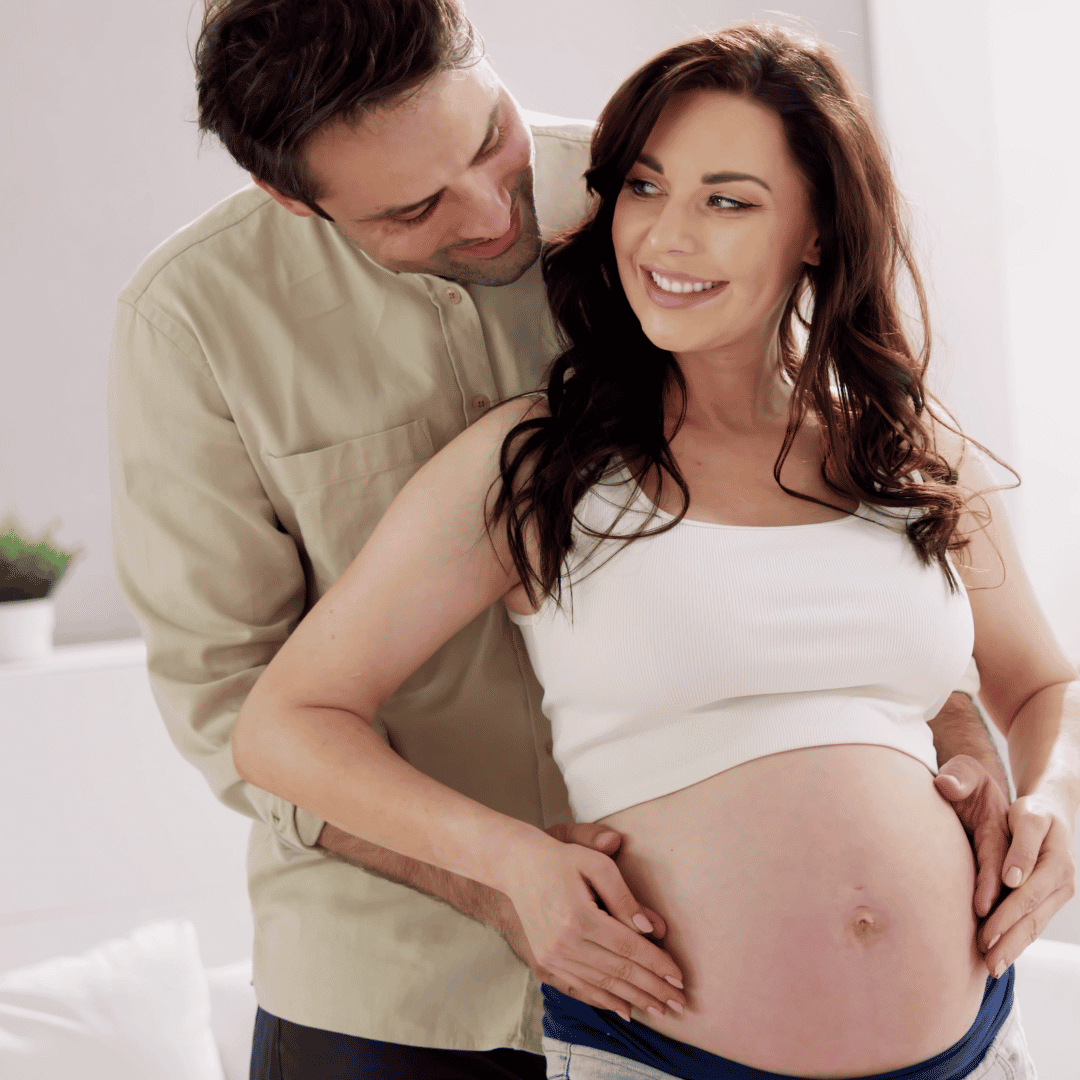
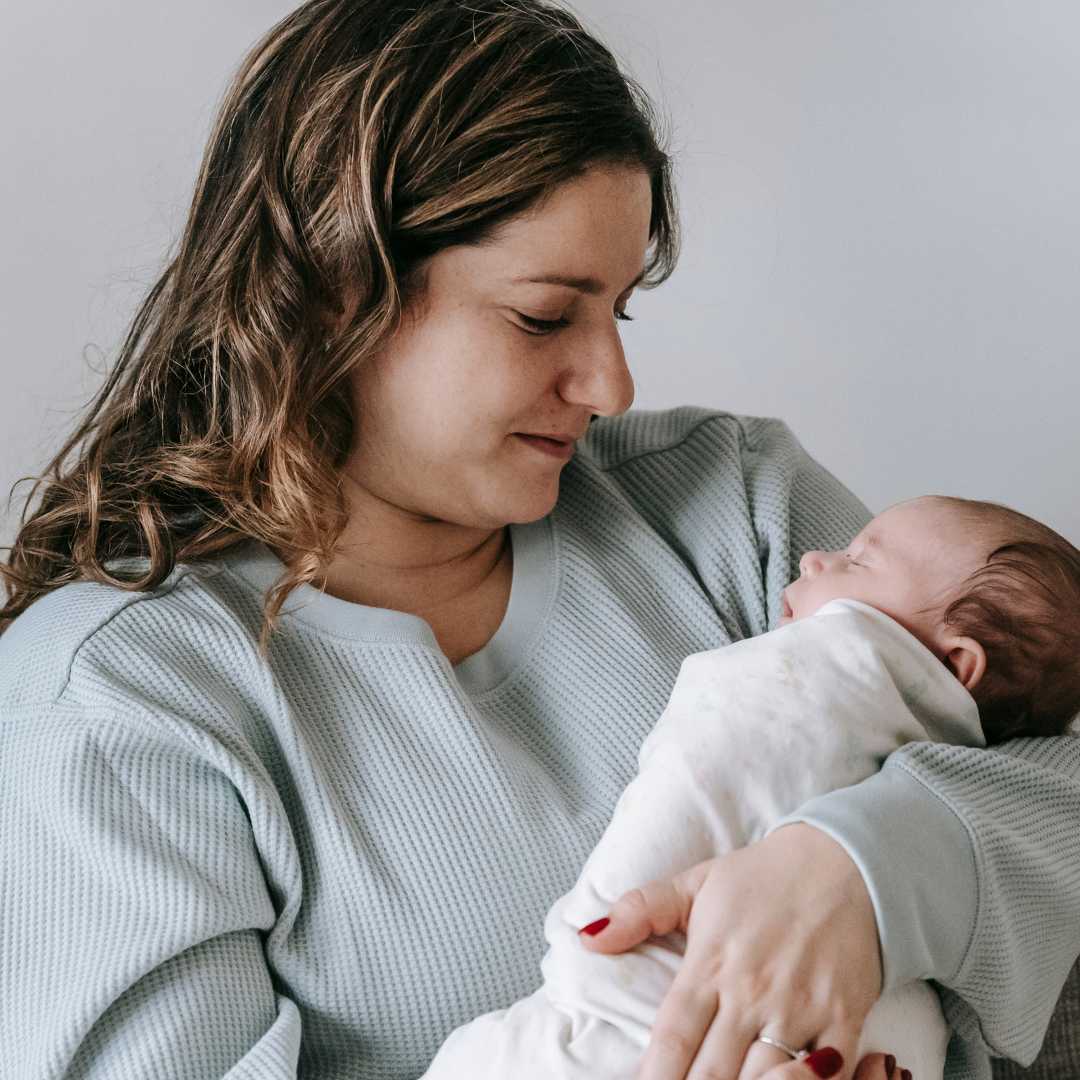
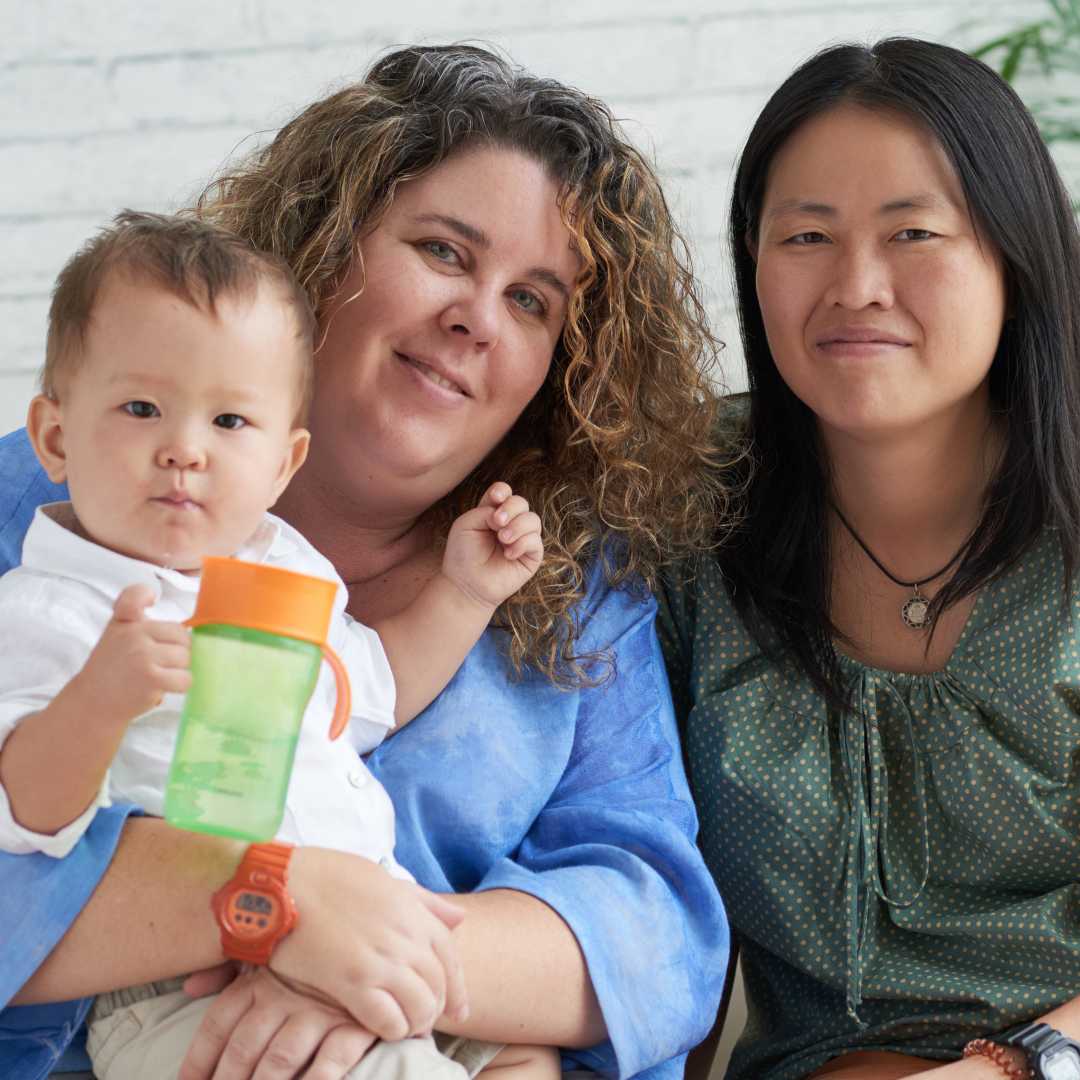
.png)
.png)
.png)
.png)
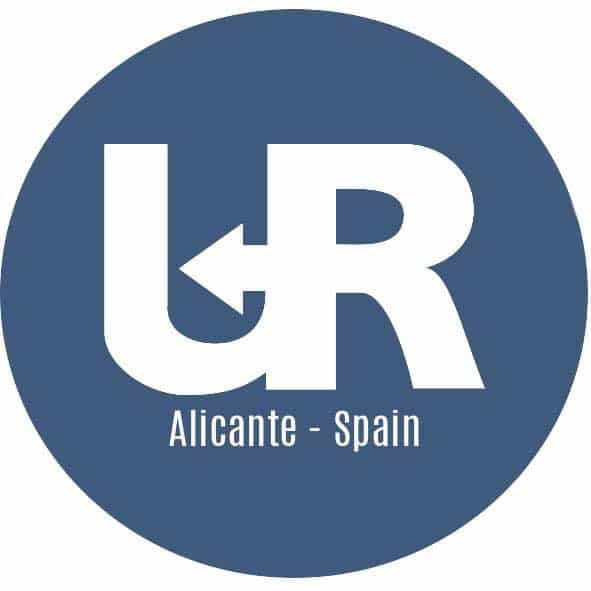
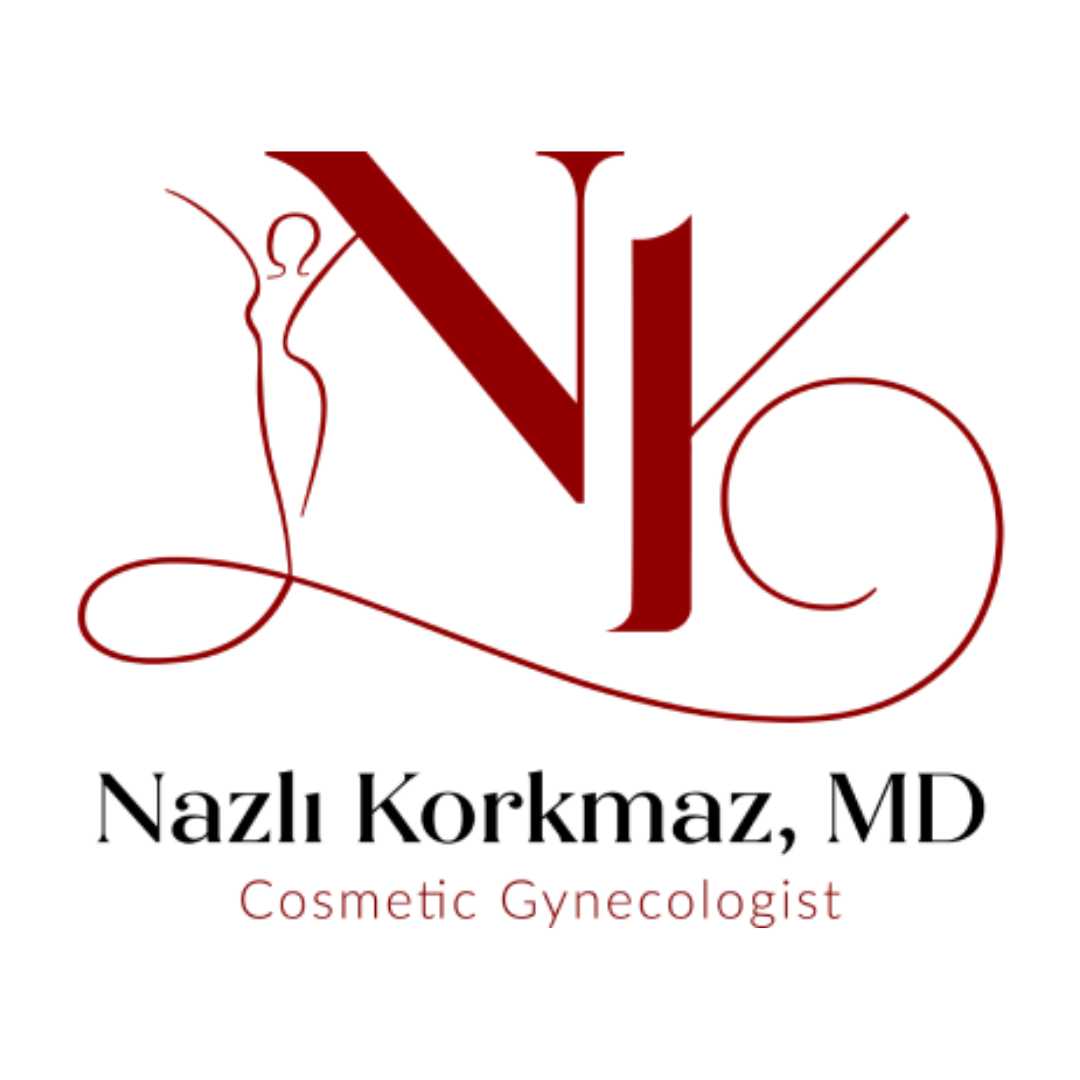
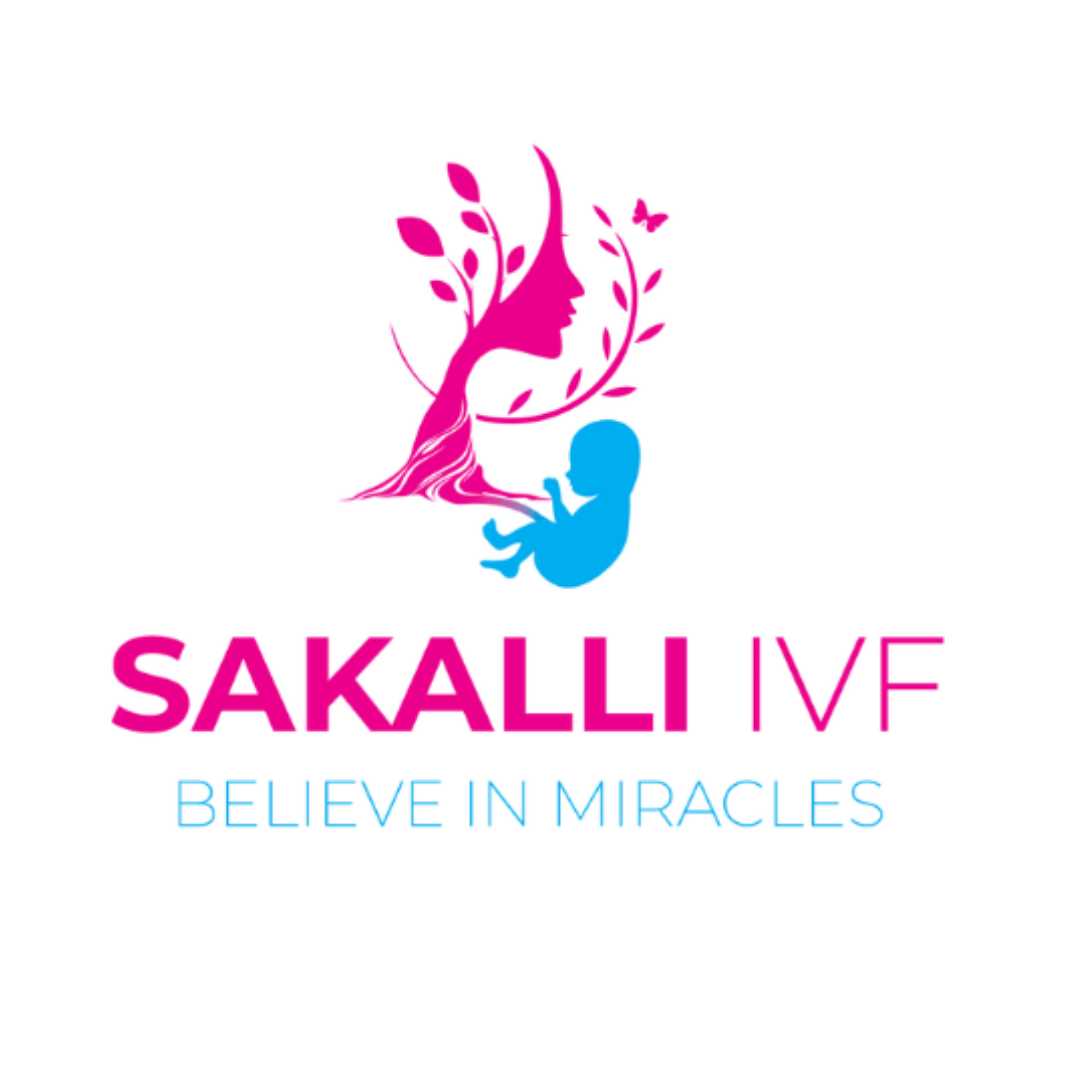
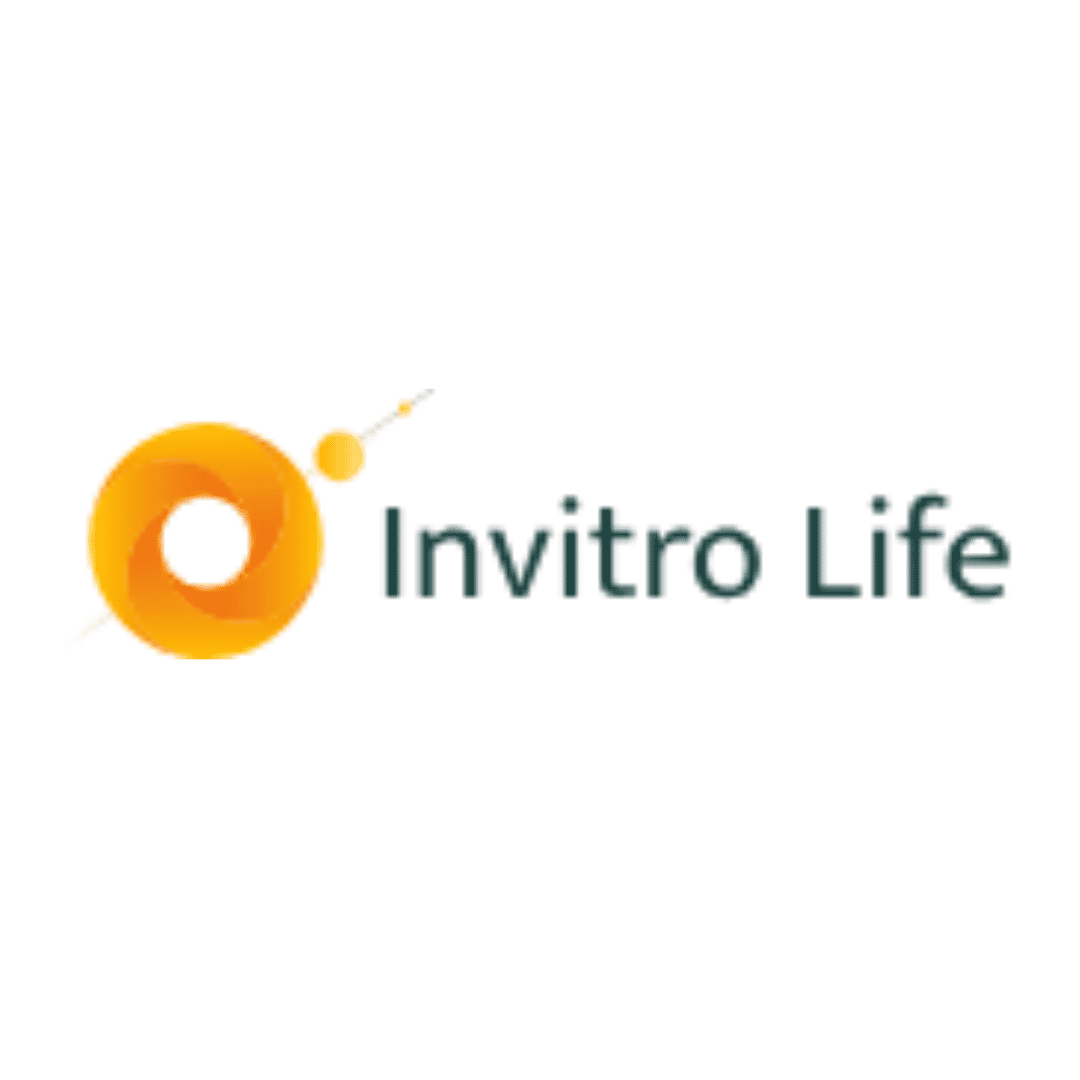

Share this listing